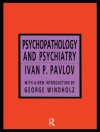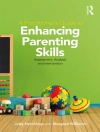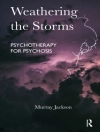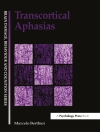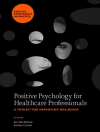An estimated 7.8% of all Americans will experience post-traumatic stress disorder (PTSD) at some point in their lives. Roughly 5.2 million people have PTSD during the course of a given year. And PTSD can affect anyone – from war veterans and abuse victims to persons directly or indirectly traumatized by other catastrophes including crime, natural disasters, and serious accidents.
Getting treatment as soon as possible after PTSD symptoms develop may help prevent PTSD from developing into a long-term condition. Treatment may take the form of medication, pychotherpay, or alternative medicine.
What Nurses Know…PTSD
- Covers all the treatments available today.
- Examines the causes of the PTSD, describes the symptoms and the effects of PTSD on individuals with the condition and their families
- Looks at associated problems such as substance abuse
- Explains what makes PTSD different in children and adolescents
- Shows how to manage stress
- Shows how to talk to your health care provider
- Show how to get help – from both traditional and nontraditional sources
About the Series
Nurses hold a critical role in modern health care that goes beyond their day-to-day duties. They share more information with patients than any other provider group, and are alongside patients twenty-four hours a day, seven days a week, offering understanding of complex health issues, holistic approaches to ailments, and advice for the patient that extends to the family.
Nurses themselves are a powerful tool in the healing process. What Nurses Know gives down-to-earth information, addresses consumers as equal partners in their care, and explains clearly what readers need to know and wants to know to understand their condition and move forward with their lives.
قائمة المحتويات
1. PTSD: What it is and isn’t
2. Why Me? Understanding How You Developed PTSD
3. Symptoms: When Yesterday is Everyday
4. Collateral Damage: The Long-term Effects of PTSD
5 The Usual Suspects: Traditional Treatments for PTSD
6. Different Strokes: Alternative Treatments for PTSD
7. Partners: Helping Your Healhtcare Provider Help You
8. Stress: The Good, the Bad and Dealing With it All
9. Broken Bonds: When Your Spouse/Partner has PTSD
10. Kid Stuff: When Your Child has PTSD
عن المؤلف
Mary Muscari, Ph D, MSCr, CPNP, PMHCNS-BC, AFN-BC, is a pediatric nurse practitioner (NP), psychiatric clinical specialist, forensic nursing clinical specialist, and a criminologist, who combines her unique educational background with over 40 years of experience working with a wide variety of children and adolescents.



